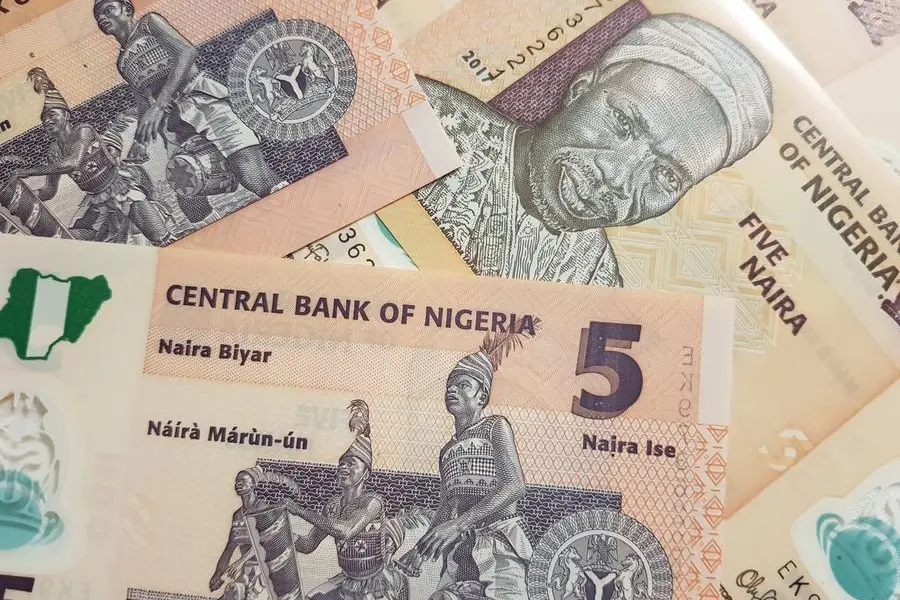PHOTO
Experts have identified reasons Nigeria’s struggle to attract foreign investment remains dismal as underscored by the second quarter (Q2) 2024 capital importation figure of $2.60 billion, the lowest quarterly total in 12 years.
Sparking concerns about the country’s economic attractiveness and the impact on its long-term growth prospects, the quarter-on-quarter decline, according to investment research analysts at Afrinvest Securities Limited, Mr Abiodun Keripe and Damilare Asimiyu, the absence of business-friendly infrastructure, policy disconnect with private sector realities, foreign exchange (FX) quagmire and lack of robust institutional frameworks are the major causes.
In an emailed note to Nigerian Tribune, the analysts said: “While we applaud the recovery in hot money (portfolio) flows, we highlight the precarious nature of FDI, which fell to its lowest level yet in Q2.
Related Posts Emirates emphasises Nigeria-UAE relations with resumed flights operations Coronation Insurance lists barriers to insurance in Nigeria LOMA 2024: How OoH can be used to enhance Nigeria’s entertainment industry’s growth —Experts“The absence of business-friendly infrastructure, policy disconnect with private sector realities, FX quagmire and lack of robust institutional frameworks are headwinds to patient capital growth.
“The implication of skewed investment flows towards hot money worsens vulnerability of the economy to shocks in the global and domestic markets. Against this backdrop, we recommend that longer-term strategies are employed to enhance investment structures and incentives in the domestic economy with a key focus on security and infrastructure.”
Nigeria’s capital importation in the second quarter of 2024 declined by 22.85 percent from $3.37 billion in the first quarter of the year to $2.60 billion.
According to the Chief Executive Officer, The CFG Advisory: “FDI is at an all-time low of under $1 billion. Power transmission and distribution infrastructure are still very poor, impacting industry and economic growth. The macroeconomic situation has declined over the last seven years with a loss of $180-200 billion in GDP, currently at $390 billion.”
A breakdown of the Q2 data shows that portfolio investment at 53.9 percent of total, eased by 32.3 percent q/q to $1.4 billion although year-on-year (y/y) the segment expanded 13.1 times.
According to the investment banking and research experts, the decline in portfolio flows was induced by 32.9 percent and 57.8 percent q/q drop in money market ($1.1 billion) and bonds ($177.8 million) investments — offsetting 203.7 percent q/q growth in equities ($150.0 million) inflows.
“Elsewhere, Foreign Direct Investment (FDI) declined 75.0 percent q/q (65.3 percent y/y) to $29.8 million, the lowest for any quarter in over 12 years. As a result, long-term capital only accounted for 1.1 percent of total investments into Nigeria in Q2.
“The inability of Nigeria to attract a substantial portion of the global FDI could be attributed to various challenges, including the instability in foreign exchange market and difficulty in profit repatriation, insecurity, infrastructural deficit and regulatory bottlenecks, among others,” the analysts noted.
READ ALSO:Lagos: Train crushes man to death in Oshodi
Get real-time news updates from Tribune Online! Follow us on WhatsApp for breaking news, exclusive stories and interviews, and much more. Join our WhatsApp Channel now
Tags: capital importationNigeria Copyright © 2022 Nigerian Tribune Provided by SyndiGate Media Inc. (Syndigate.info).byChima Nwokoji




















